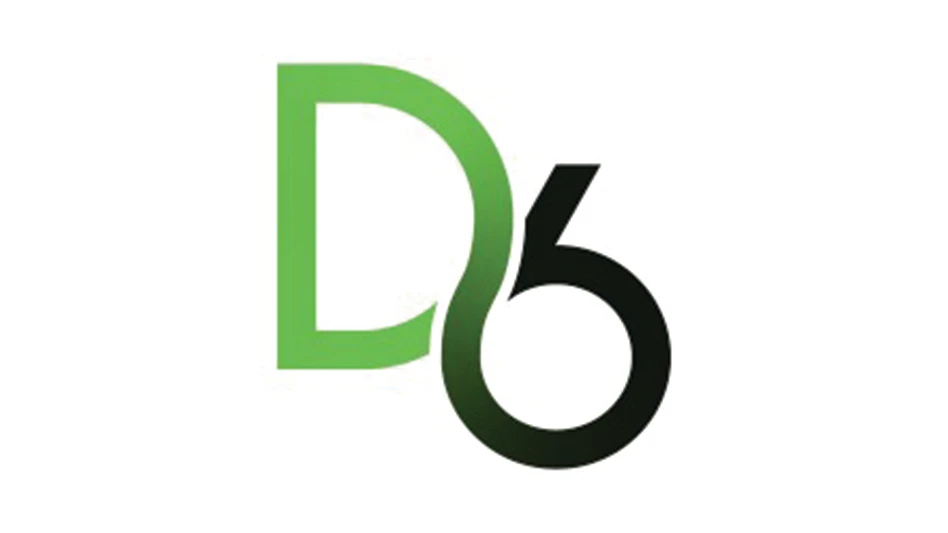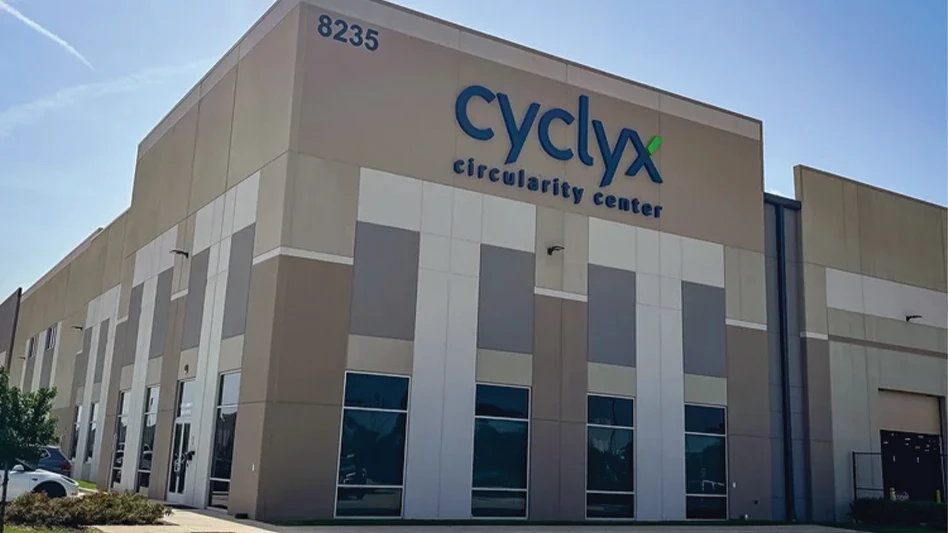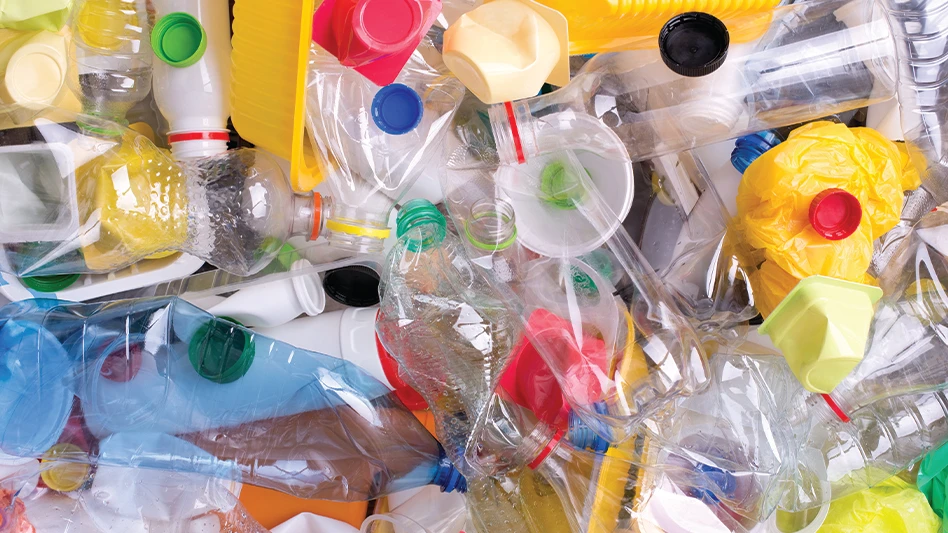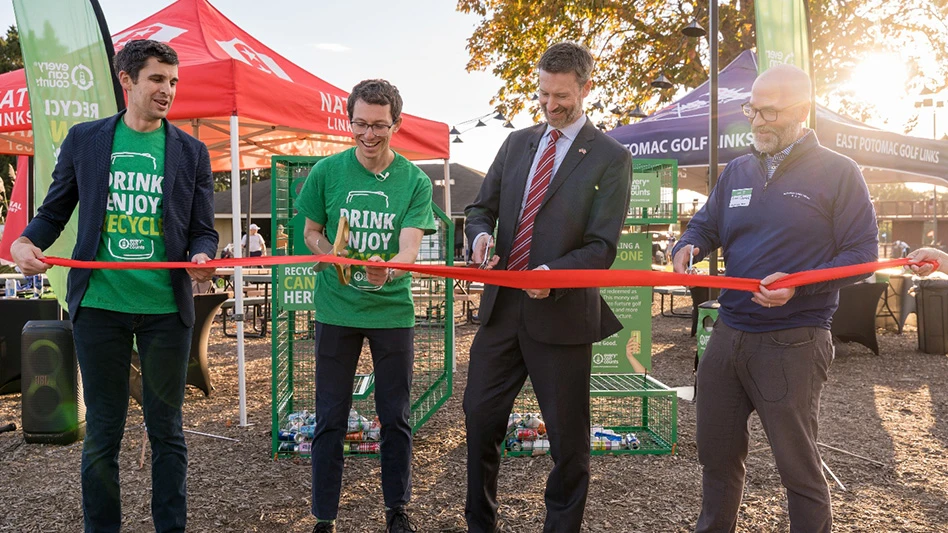Vancouver, British Columbia-based Teck Resources Ltd. says it is partnering with several organizations to test antimicrobial copper coatings on high-touch transit surfaces on buses and trains in Vancouver.
Teck’s partners in the project include TransLink, Vancouver Coastal Health, the VGH & UBC Hospital Foundation and the University of British Columbia, all based in or near Vancouver, and the Cambridge, Ontario-based Coalition for Healthcare Acquired Infection Reduction (CHAIR).
According to Teck, “Copper alloy surfaces are naturally antimicrobial with self-sanitizing properties, with research showing these surfaces eliminate up to 99.9 percent of harmful bacteria and viruses.”
Teck calls the project “the first of its kind on a transit system in North America” and the latest in Teck’s ongoing effort to promote the use of antimicrobial copper surfaces in health care and public spaces.
“We are proud to be working with all the partners on this important pilot project to expand the use of antimicrobial copper in high-traffic public areas and prevent infections,” says Don Lindsay, president and CEO of Teck Resources. “Through [our] Copper & Health program, Teck has been partnering with health care professionals, academia and others for years to help make communities safer. This pilot builds on those efforts at a critical time as the world works to prevent the spread of COVID-19.”
The pilot project, funded by Teck, will run for an initial phase of four weeks with various copper surfaces installed on two buses and two SkyTrain cars. An organosilane (carbon-silicon) surface preservative will also be tested that has the potential to control and/or prevent the growth of microorganisms on treated surfaces, according to Teck.
Teck Resources describes itself as a mining and mineral development firm with major business units focused on copper, steelmaking coal and zinc. In 2019, the company’s Trail, British Columbia, lead smelter melted for recycling more than 41,000 metric tons of materials, including 32,500 metric tons of lead-acid batteries, 8,000 metric tons of cathode ray tube (CRT) monitor glass and 500 metric tons of zinc alkaline batteries, according to the firm.
Sponsored Content
SENNEBOGEN 340G telehandler improves the view in Macon County, NC
An elevated cab is one of several features improving operational efficiency at the Macon County Solid Waste Management agency in North Carolina. When it comes to waste management, efficiency, safety and reliability are priorities driving decisions from day one, according to staff members of the Macon County Solid Waste Management Department in western North Carolina. The agency operates a recycling plant in a facility originally designed to bale incoming materials. More recently, the building has undergone significant transformations centered around one machine: a SENNEBOGEN telehandler (telescopic handler).
Get curated news on YOUR industry.
Enter your email to receive our newsletters.
Latest from Recycling Today
- Investors plan to reopen lllinois iron foundry
- Algoma loses money, names new CEO
- ReMA opens nominations for 2026 Young Executive of the Year Award
- PPRC 2025: Tracking EPR’s progress
- North Carolina announces $25M in grant funding to strengthen recycling, waste management infrastructure
- L’Oréal joins Nextloopp Americas
- Ambercycle partners with REI
- WM reports mixed results for Q3








